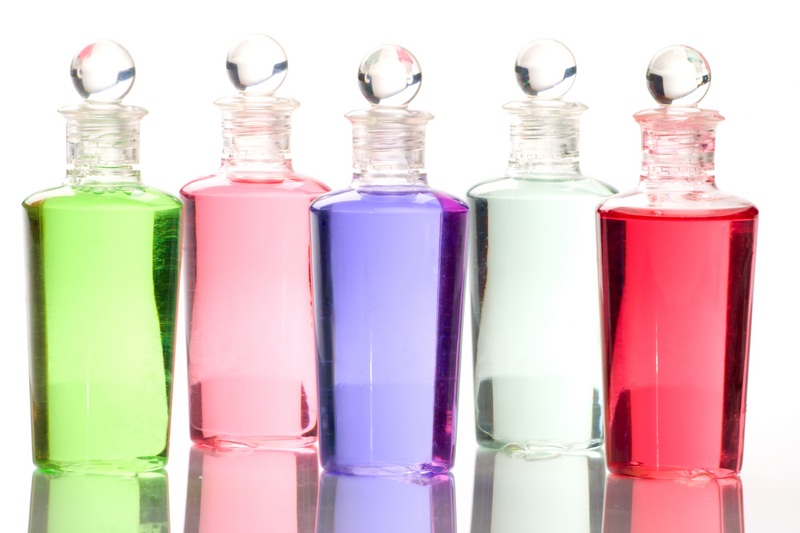How Good Should We Smell at Work?
For this edition of the Fashion Friday post, I’m tackling a very sensitive issue that I often get asked about. While my own policy might not be popular, I think it’s the right one. So what’s the place of cologne or perfume in the workplace? How much or how little should you wear to work?
Before I answer that, here are a few thoughts to consider:
Cologne or perfume smells different on each person depending one’s our body chemistry. What smells like lavender fields on you might smell like a can of sardines on me. Well, not really, but you get the point.
The more you wear it, the less you smell it. That’s a tough one to balance. Like most chemicals, perfume dulls your senses. In other words, the more you use it, the less you smell it. However, the rest of us can smell it whether or not you can. Not long ago I found myself locked in a conference room with a power-cologne wearer at 8 a.m. The man might as well have been wearing paint thinner. My head was spinning, my eyes watering, and at one point I thought I was going to lose breakfast. It was so bad that I texted a friend to call “with an emergency” so I could excuse myself from the room. I even suggested a bomb threat so we could evacuate the building and get everyone some much needed fresh air.
Not all scents are created equal. If you’re going to wear it, you need to know the difference:
- Perfume extract (Extrait): 15-40% aromatic compounds. This stuff is powerful and like most deadly poisons, it only comes in very small packages. A little goes a long, long way.
- Eau de Parfum (EdP), Parfum de Toilette (PdT): 10-20% aromatic compounds. Sometimes listed as “eau de perfume” or “millésime”. Concentrated but not deadly.
- Eau de Toilette (EdT): 5-15% aromatic compounds. No, it’s not made with toilet water.
- Eau de Cologne (EdC): Chypre citrus type perfumes with 3-8% aromatic compounds. Light and bearable.
- Splash and After-Shave: 1-3% aromatic compounds. Like the name, splash, mostly water.
Most office settings are now open environments. A strong scent can be disruptive and compromise your effectiveness as a professional before you even open your mouth.
If you bathe at least every other day, which I hope you do, unlike the French who invented the all-powerful perfume extract (if you’ve ever been in a Paris subway at 5 p.m. you know why they need it), I would be very careful wearing anything more than an eau de cologne to work. My personal policy is not to wear any cologne until after 5 p.m. That way I’m certain not to dull my senses or offend someone’s olfactory sensitivities.
What’s your take on the smelly stuff at work?
-
@petebillingham
-
Maurilio Amorim
-
-
@barrylandis
-
Maurilio Amorim
-
Subscribe
Delivered by FeedBurner

